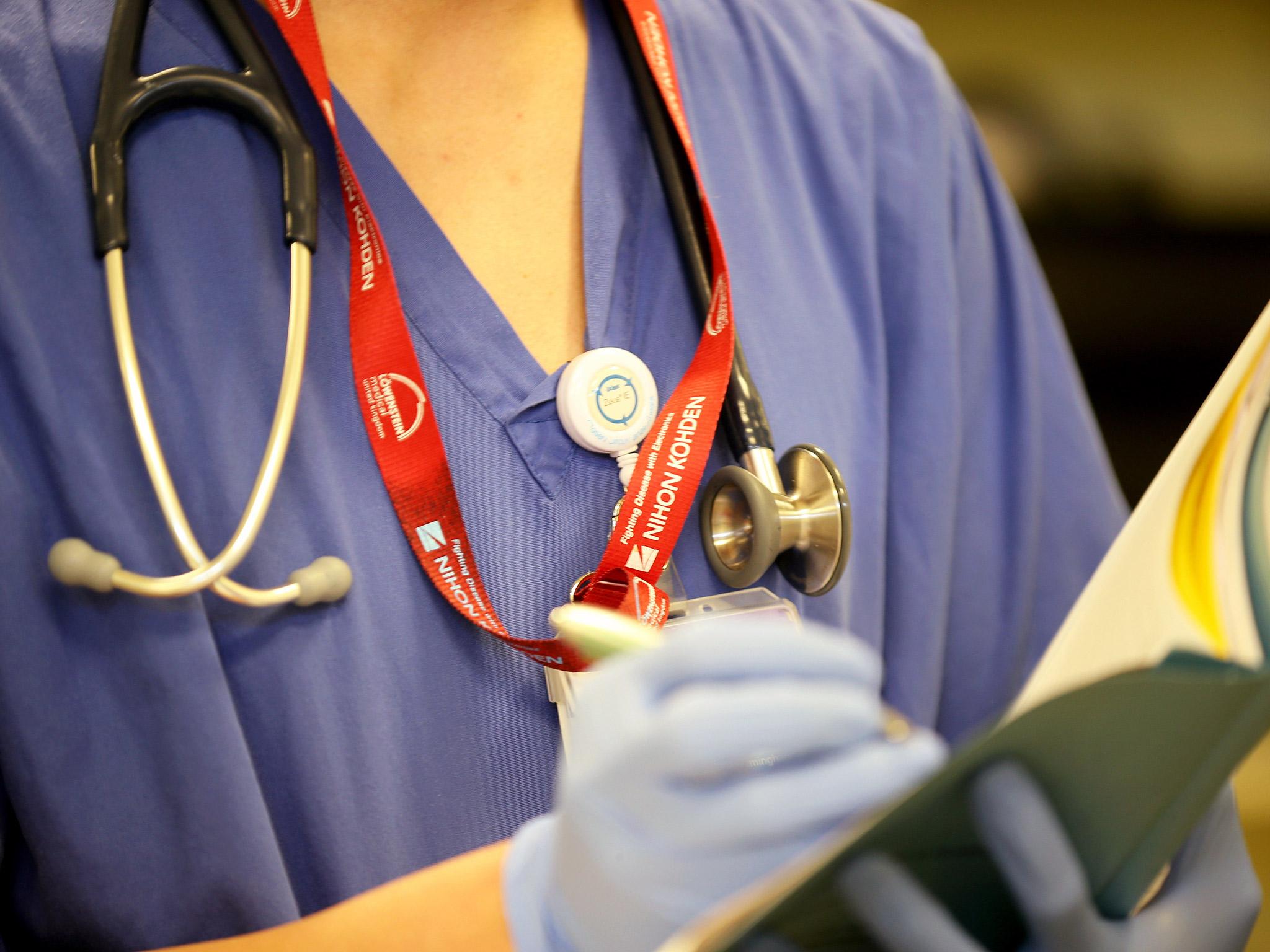NHS whistleblower report: hospitals to get 'guardians' to protect staff who speak out

Every hospital in England will have a whistleblowers’ “guardian” to protect and advise staff who speak out about wrongdoing and patient safety fears in the NHS.
Newly appointed “Freedom to Speak Up Guardians” will be taken on at all NHS trusts, reporting direct to hospital chief executives. A national officer responsible for investigating cases where NHS whistleblowers are ignored or victimised will also be appointed at hospital inspectorate the Care Quality Commission (CQC).
The new measures, recommended in a report by Sir Robert Francis QC, the lawyer who led the inquiry into the care scandal at Mid Staffordshire NHS Foundation Trust, will be fast-tracked into law, the Health Secretary Jeremy Hunt said today.
In his report, Sir Robert said he had encountered “truly shocking” cases of NHS whistleblowers being bullied, intimidated or simply ignored by their employers after raising concerns.
In a staff survey to accompany the report, 30 per cent of hospital employees who had raised concerns said they felt “unsafe” afterwards, and among the two thirds of staff who had not raised a concern, 15 per cent said fear of victimisation had held them back.
Sir Robert warned that in some cases “failure to speak up can cost lives”.
He added that the NHS was “blessed with staff who want to do their best for patients” but that too often a “culture of blame” was standing in the way of people raising concerns, or preventing concerns from being properly investigated.
“We heard all too frequently of jobs being lost, but also of serious psychological damage, even to the extent of suicidal depression,” he said.
His review, published today, sets out 20 “principles and actions” to promote openness and patient safety in the NHS. As well as culture change, the report recommends a review of employment and equality laws to ensure NHS staff are not subject to discrimination on the grounds that they have been a whistleblower.
The increasing strain on NHS resources
Show all 4Responding to the publication of the report, Mr Hunt pledged to “call time” on bullying and intimidation in the NHS.
“The only way we will build an NHS with the highest standards is if doctors and nurses who have given their lives to patient care always feel listened to if they speak out o patient care,” he said.
All of Sir Robert’s measures have been accepted in principle and new safeguards could be drafted into law in time for the election, Mr Hunt said. Labour’s Shadow Health Secretary Andy Burnham pledged his party’s support for the measures.
Raising concerns should become “part of every member of staff’s normal working life”, Sir Robert’s report said.
It highlighted particular concerns around the treatment of young hospital staff, including students and trainees, which he said was “alarming”.
“These were mainly young people at the start of their careers who genuinely believed that they should raise issues for the benefit of patients,” he said. “Of none of them could it be said that they had axes to grind. Yet we heard far too many stories from them of being bullied, and of their assessments suddenly becoming negative.”
The review, which was announced by Mr Hunt in June 2014, heard from thousands of NHS staff. It received 612 written contributions from health workers who wanted to share experiences, and 19,764 NHS staff responded to the survey. Forty-three NHS organisations also submitted evidence.
Simon Stevens, chief executive of NHS England said that while the NHS was now “the safest it has ever been”, it was missing a “huge opportunity” to improve patient care by not listening to whistleblowers.
“These important proposals – particularly for a new national office of the whistleblower - will provide clear new safeguards and signal a decisive change in culture in every part of the health service,” he said.
Chris Hopson, chief executive of NHS Providers, said that while the recommendations were welcome, 96 per cent of staff in the most NHS staff survey reported an error or safety incident the last time they saw one, and 85 per cent said their employer supported them in reporting incidents.
“Whilst there is always room for improvement we need to recognise that the NHS is one of the safest healthcare systems in the world, its patients are very happy with the quality of care they receive and NHS staff are strongly focused on spotting and reporting poor care should it occur,” he said.
Subscribe to Independent Premium to bookmark this article
Want to bookmark your favourite articles and stories to read or reference later? Start your Independent Premium subscription today.

Join our commenting forum
Join thought-provoking conversations, follow other Independent readers and see their replies